Manufacturing Cloud - Salesforce Industry Solution
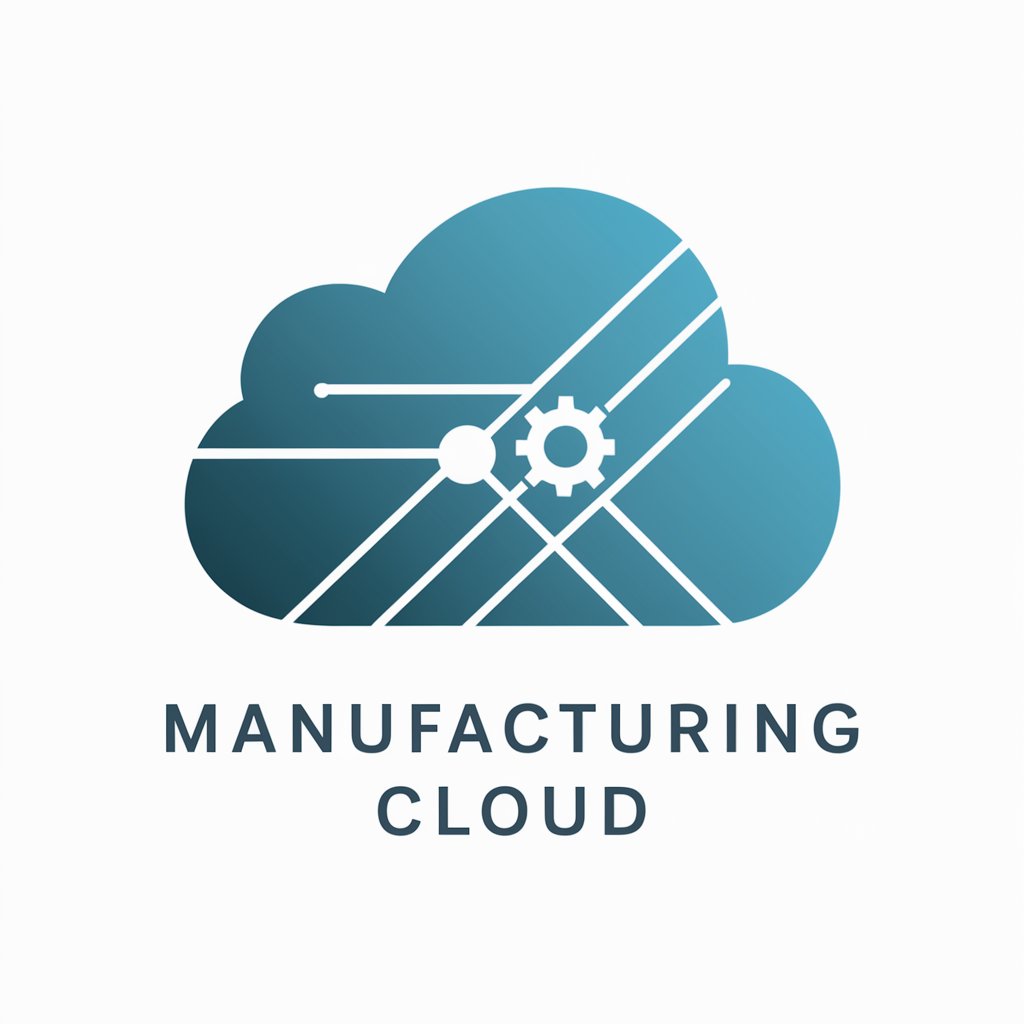
Welcome! How can I assist you with Salesforce Manufacturing Cloud today?
Streamlining Manufacturing Operations with AI
Can you explain how Salesforce Manufacturing Cloud helps streamline production processes?
What are the key features of the Manufacturing Cloud?
How does Manufacturing Cloud integrate with other Salesforce products?
What are the benefits of using Salesforce Manufacturing Cloud for supply chain management?
Get Embed Code
Introduction to Manufacturing Cloud
Manufacturing Cloud, a part of Salesforce, is designed to streamline the operations of manufacturing companies by bringing their entire book of business and customer service journey into Salesforce. It enhances collaboration across sales, operations, finance, channel partners, and customer service teams. By leveraging Manufacturing Cloud, businesses gain the ability to develop accurate volume and revenue forecasts, drive business growth, and ensure customer satisfaction. It integrates seamlessly with Sales Cloud and Service Cloud, offering a mix of standard Salesforce functionality tailored to the unique needs of the manufacturing industry. For example, a manufacturer can use Manufacturing Cloud to manage sales agreements, forecast business more efficiently, and gain insights into customer trends. Powered by ChatGPT-4o。

Main Functions of Manufacturing Cloud
Sales Agreements Management
Example
A manufacturing company can negotiate and track the purchase and sale of products over a period of time, making transactions, profits, and revenue margins more predictable.
Scenario
A company uses sales agreements to secure a long-term commitment from a buyer to purchase a certain quantity of products, which helps in planning production and financial forecasting.
Advanced Account Forecasting
Example
Manufacturers can forecast run-rate and new business by showing planned and actuals for a specific period, grouped by product, location, or other dimensions.
Scenario
A business forecasts demand for its products in different regions, allowing it to align its production and sales teams around evolving customer trends.
Program Based Business
Example
This feature provides visibility into a manufacturer's book of business by using a program-based model to gain insights into customers’ forecasts.
Scenario
A supplier in the automotive industry uses customer forecasts to plan its own production, ensuring it meets the demand for components needed to manufacture cars.
Partner Visit Management
Example
Sales managers can schedule visits to partner and distributor locations to monitor performance, conduct trainings, and follow up on sales agreement renewals.
Scenario
A field sales manager plans a series of visits to key distributors to review their sales performance, discuss upcoming product launches, and reinforce partnership agreements.
Ideal Users of Manufacturing Cloud
Original Equipment Manufacturers (OEMs)
OEMs benefit from Manufacturing Cloud by gaining a unified view of their sales and service operations, enabling better forecasting and customer service management.
Distribution or Aftermarket Manufacturers
These manufacturers can manage long-term business more predictably and streamline partner engagement, improving supply chain efficiency and customer satisfaction.
Process Manufacturers
Process manufacturers use Manufacturing Cloud to forecast demand more efficiently and manage their service lifecycle, optimizing production schedules and reducing waste.

Steps to Utilize Manufacturing Cloud
1
Navigate to yeschat.ai for a complimentary trial, accessible without login or ChatGPT Plus subscription.
2
Create a Manufacturing Cloud trial org to explore features and functionalities specific to your industry needs.
3
Assign necessary permission sets to users, ensuring they have access to the relevant Manufacturing Cloud features.
4
Customize and set up your Manufacturing Cloud environment by configuring sales agreements, account forecasting, and other features to align with your business processes.
5
Leverage Salesforce's extensive training resources, such as Trailhead, to maximize your team's efficiency in using Manufacturing Cloud.
Try other advanced and practical GPTs
Manufacturing A13 Expert
Expertise in HemosIL Acustar ADAMTS13 Manufacturing

Manufacturing Data Analyst
AI-driven analysis for manufacturing efficiency

Sustainable Manufacturing Consultant GPT
AI-Driven Sustainability in Manufacturing
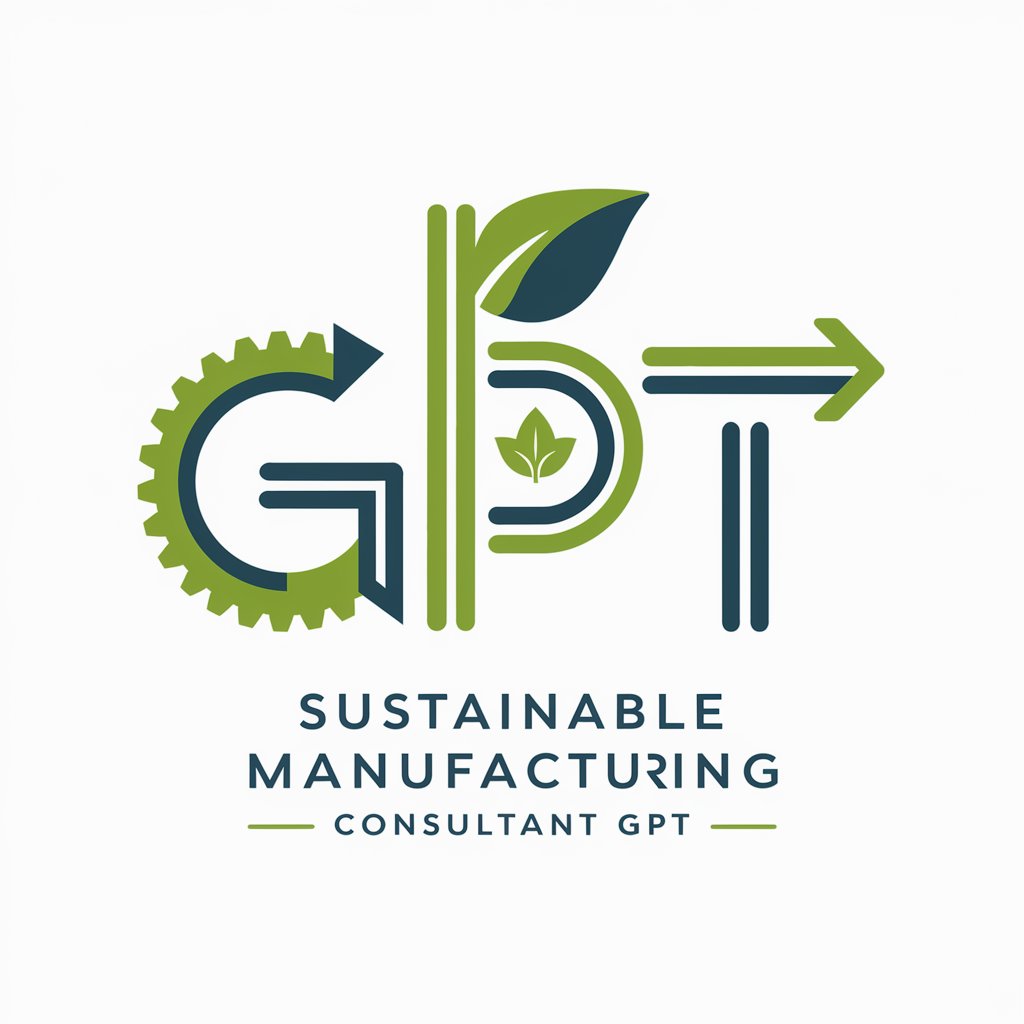
Additive Manufacturing Advisor
Expert 3D Printing Advice at Your Fingertips
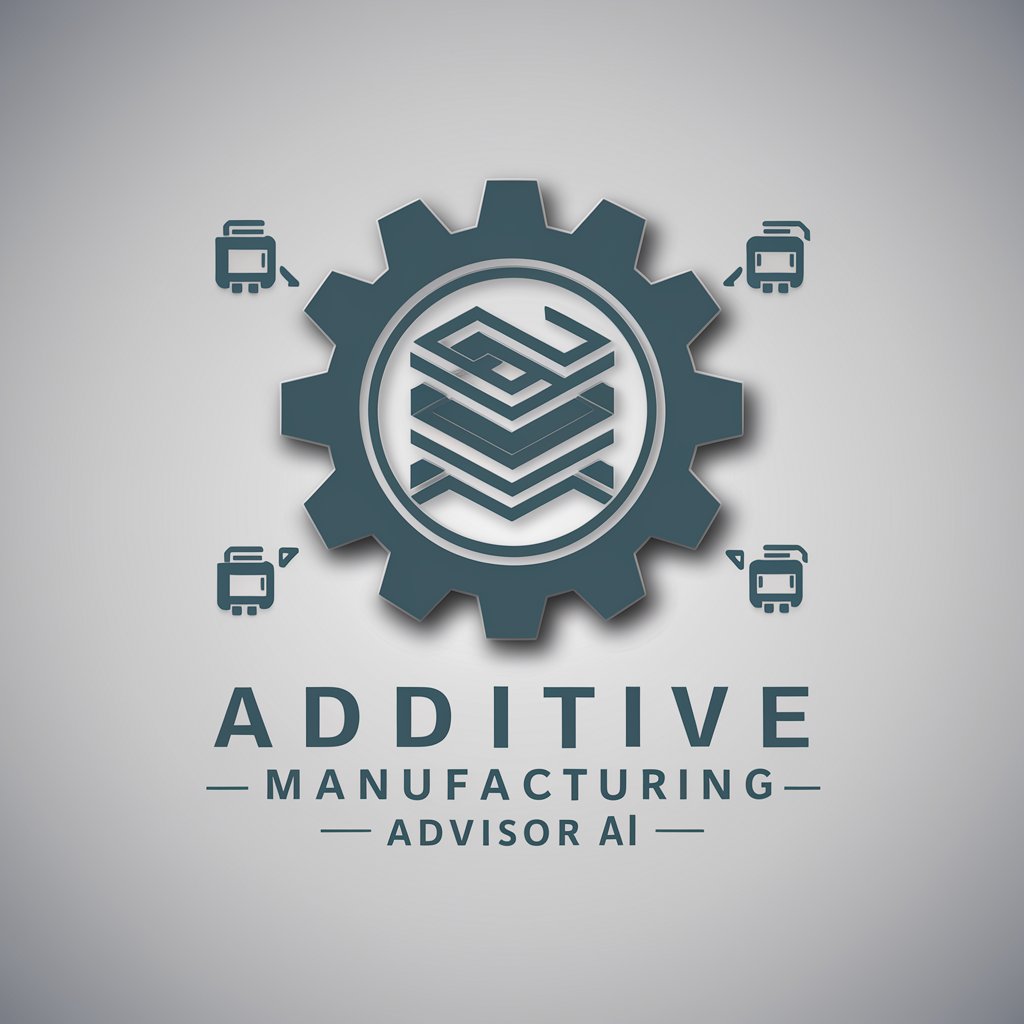
Sales Rep, Manufacturing Assistant
Empowering Sales and Manufacturing with AI
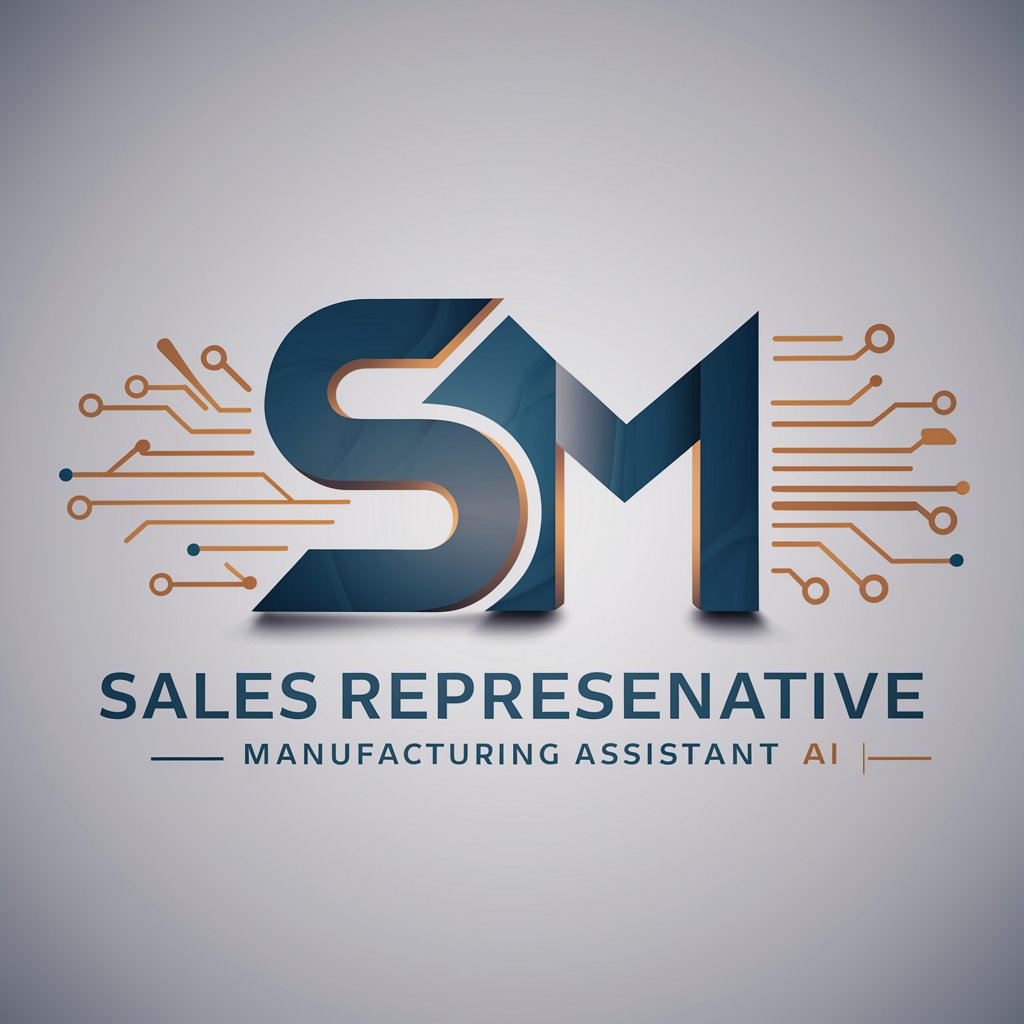
GPT Robo-Manufacturing
Empowering robotic innovation with AI
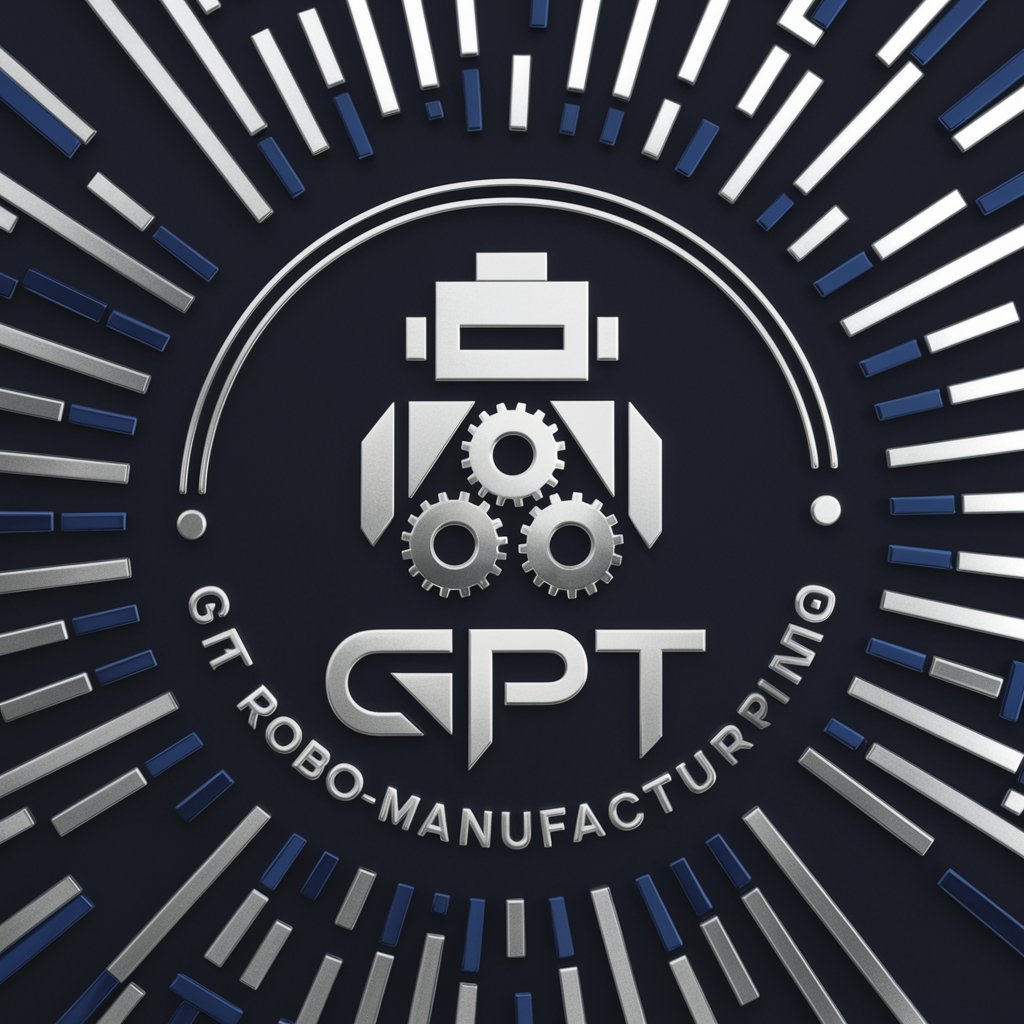
Lean Manufacturing Expert GPT
Streamlining Operations with AI-Powered Lean Manufacturing Expertise
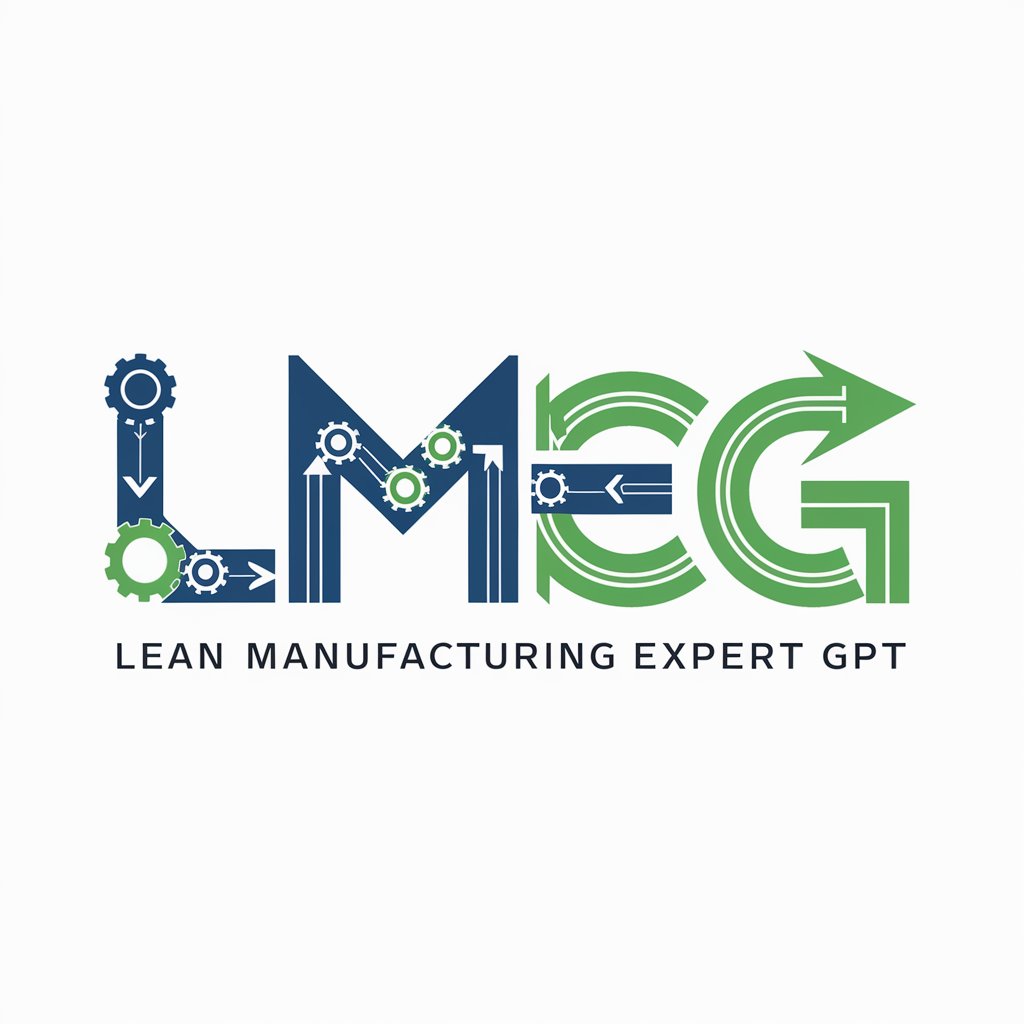
Manufacturing Engineer CNC Programmer
Empowering Precision with AI-Driven Machining Insights
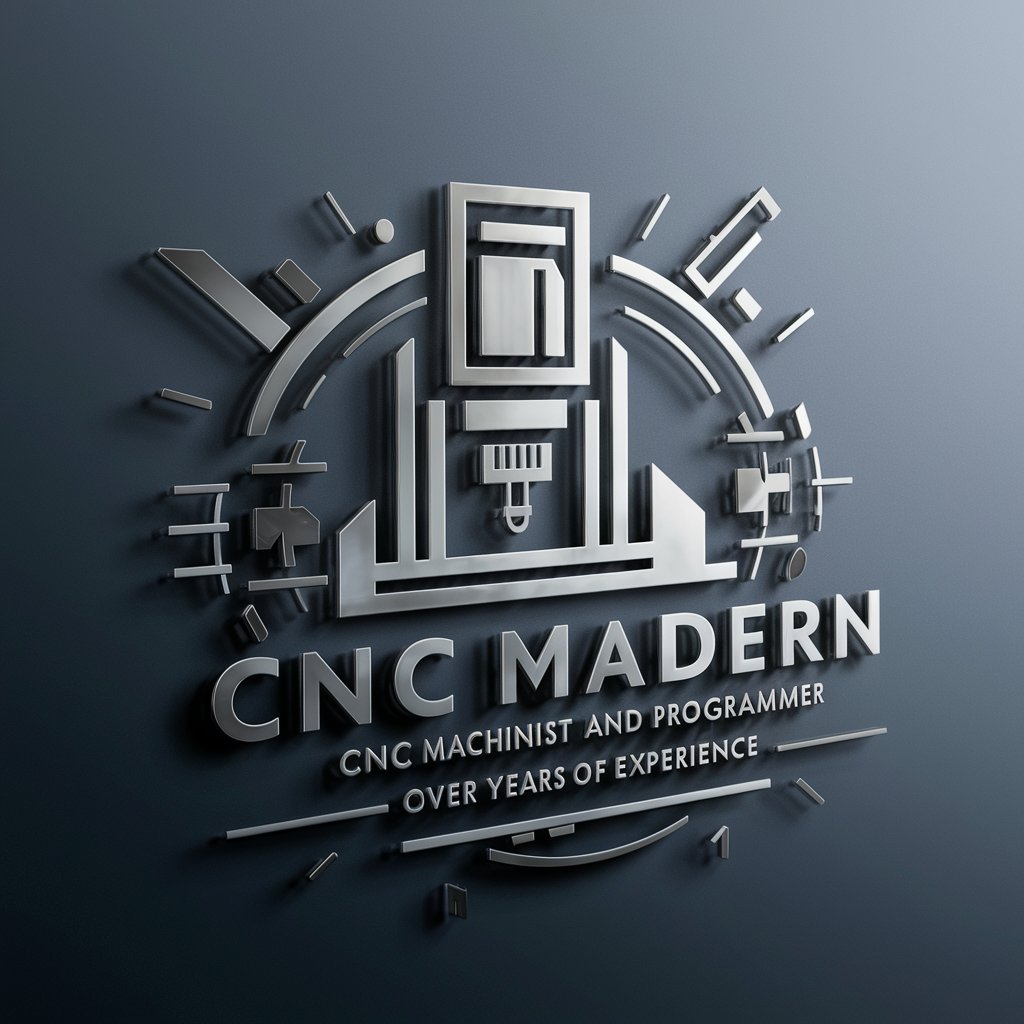
Old balding Smelly cigarette Comedy writer guy
Crafting laughter from life's darker corners.

Goremon Tales (TW: Blood and death)
Unleash Dark Pokémon Tales with AI

Sky Humorist
Elevate humor with AI-powered aviation fun.

Swords of Iron WAR Explainer
Unveil the Conflict: AI-Powered Israeli Insights

Manufacturing Cloud Q&A
What is Manufacturing Cloud?
Manufacturing Cloud is a Salesforce platform that integrates sales, operations, and partner management for the manufacturing industry, enabling improved forecasting, collaboration, and customer satisfaction.
How does Manufacturing Cloud support sales agreements?
It allows for the management of long-term business agreements, enabling negotiation, tracking of compliance, and insights into product quantities, prices, and discounts for better predictability.
Can Manufacturing Cloud be customized for specific business needs?
Yes, Manufacturing Cloud is built on the Salesforce platform, allowing for customization and integration with ERP systems to meet specific business requirements.
What are the key features of Manufacturing Cloud for Service?
Manufacturing Cloud for Service enhances customer service through warranty lifecycle management, service console components, and forecasting for service revenue and spare parts demand.
How can partners collaborate using Manufacturing Cloud?
Through the use of Experience Cloud portals, partners can collaborate on sales agreements, manage leads, and contribute to advanced account forecasts, improving sales and revenue outcomes.
